On the morning of October 29, the National Assembly discussed in the hall about the socio -economic situation in 2025.
Delegates said that, in addition to outstanding results in economic development, institutional reform and streamlining the apparatus, priority should be given to reforming salary and allowance policies for cadres, civil servants and public employees at the grassroots level, in order to ensure their lives and maintain motivation to serve the people.
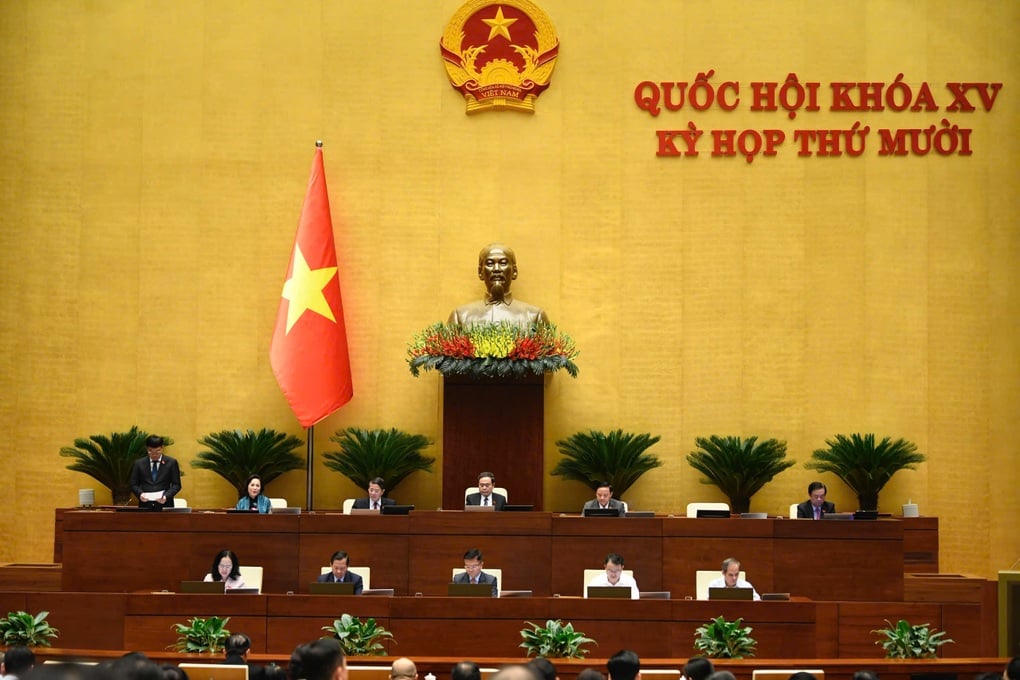
The National Assembly discussed in the hall about the socio-economic situation in 2025 (Photo: NA).
"Cannot let grassroots cadres live on faith and instant noodles"
Delegate Tran Van Tuan (Vinh Long delegation) said that in the context of a volatile world , Vietnam is still likened to "a calm sea in the midst of a storm". Vietnam has achieved many positive results, with GDP growth in the first 9 months of the year reaching about 7.85%, inflation controlled at 3.27%, exports increasing by more than 16%, and budget revenue increasing by 30.5% over the same period in 2024.
He assessed that, along with macroeconomic stability, institutional reform and apparatus streamlining have created an important turning point. The two-level local government model has been implemented in 34 provinces and cities along with a series of major laws such as the Land Law (amended), Housing Law, Real Estate Business Law, Law on Organization of Local Government, etc., which have formed a solid legal framework for the new development stage.
However, according to Mr. Tuan, voters nationwide expressed their wish that the Party and State pay more attention to the salary policy and life of cadres, civil servants and public employees - those who are shouldering the heaviest work of the state apparatus.
"After nearly four months of implementing the two-tier government model, our administrative apparatus has become lighter in terms of focal points but heavier in terms of work. Grassroots officials have to travel further, do more work, but their income is still… not better," he said.
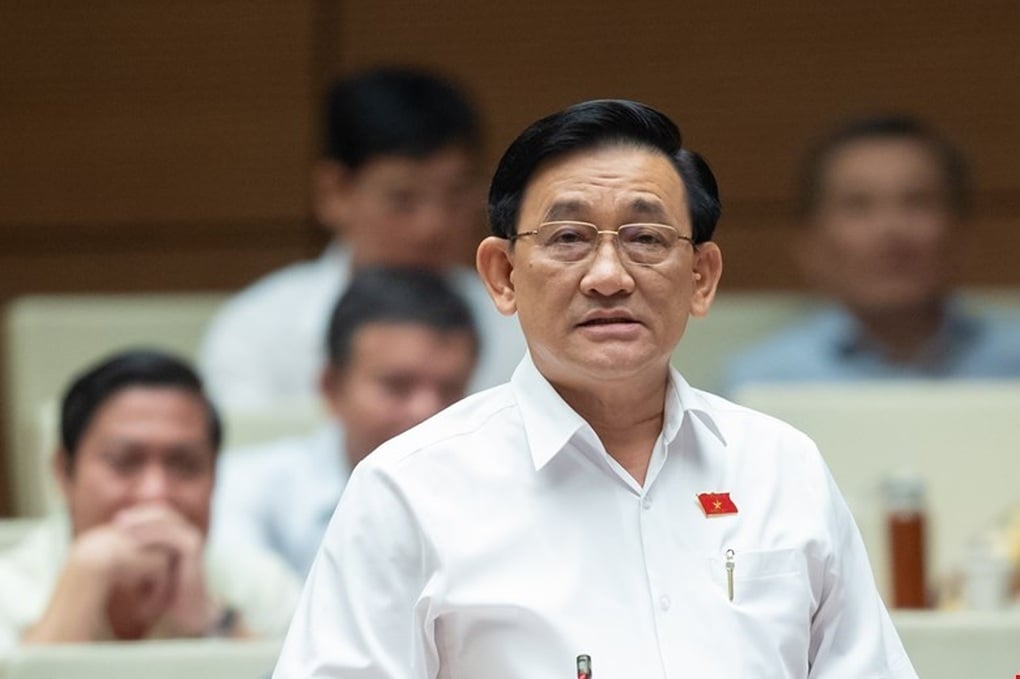
Delegate Tran Quoc Tuan, Vinh Long delegation (Photo: NA).
Mr. Tuan said, according to the summary of voters' petitions sent to this session, many localities such as Quang Tri, Binh Thuan, Vinh Long reflected that after merging administrative units, commune officials had to travel further while travel and public service allowances had not been adjusted.
Voters in Nghe An, Lam Dong, and Dong Thap provinces also requested policies to support the merged areas, because the cost of living, renting houses, and traveling increased, causing real income to decrease by 10-12% compared to before.
"Those reflections are not just numbers or technical recommendations, but the heartfelt voice of grassroots civil servants and public employees," Mr. Tuan said, emphasizing that if the lives of officials are not guaranteed, the effectiveness of policy implementation will be difficult to achieve.
He cited that the basic salary of 2.34 million VND/month applied from July 1, 2024 to now is no longer suitable for the current cost of living.
"With that salary, even with a high coefficient, the actual income of many young civil servants is only enough to cover from the beginning of the month to the 20th day, and the last 10 days of the month must... run on faith and instant noodles," he said.
Based on that reality, delegates earnestly recommend that the National Assembly and the Government consider adjusting the basic salary increase from January 1, 2026, instead of mid-year as before.
"This is not just a story about salary, but a message from the people, a common heartbeat of the apparatus that needs to be energized. Only when officials have enough to live can they feel secure in serving. Civil servants who are not burdened with food and clothing can feel free to contribute," Mr. Tuan emphasized.
A well-functioning new government must go hand in hand with the regime.
Delegate Duong Van Phuoc (Da Nang delegation) said that the two-level government model initially affirmed its correctness but the implementation process still had many problems, especially at the commune level. Many guiding documents were slow and lacked uniformity, causing confusion in the locality in decentralizing budget revenue and expenditure and construction investment.
According to Mr. Phuoc, the technical infrastructure and information technology at the grassroots level are still weak, many mountainous communes do not have stable 4G signal, making it difficult to deploy online public services. In particular, the staff and civil servants at the grassroots level are currently working with a workload 2-3 times larger than before, but the salary and allowance regime has not changed, not enough to encourage and motivate.
"I propose that the Government soon issue a suitable salary mechanism to attract cadres to work long-term in remote and island areas, while at the same time investing heavily in digital infrastructure and skills training for grassroots staff," he said.
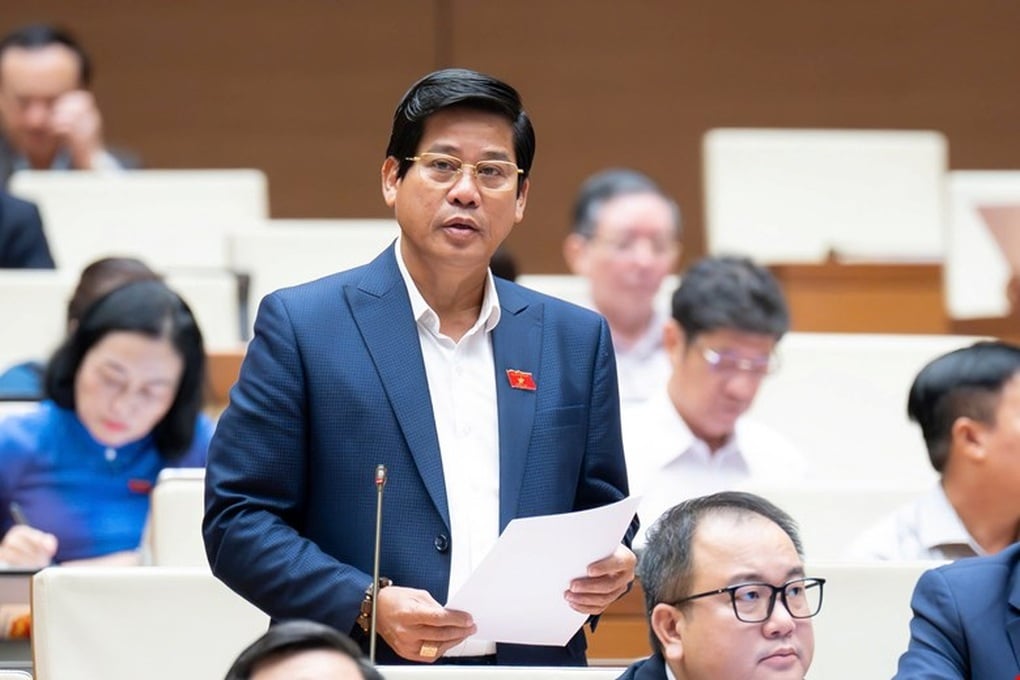
Delegate Duong Van Phuoc, Da Nang delegation (Photo: NA).
Linking salary reform with the quality of the apparatus
Sharing the same view, delegate Mai Van Hai (Thanh Hoa delegation) said that salary reform must be linked to institutional improvement and staff quality improvement. According to him, the two-level government model is a profound reform, helping to streamline the organization, reduce staff, and improve operational efficiency, but also sets new requirements on remuneration policies for public servants.
“The government needs to quickly identify job positions, develop salary and allowance policies and evaluate officials based on work results. That is a prerequisite for the new model to truly operate effectively,” he said.
Delegate Hai also emphasized the importance of applying digital transformation and artificial intelligence in administrative management, helping to reduce pressure on facilities and improve public sector labor productivity.
Source: https://dantri.com.vn/noi-vu/de-nghi-tang-luong-voi-can-bo-cong-chuc-ngay-tu-112026-20251029090404158.htm


![[Photo] Draft documents of the 14th Party Congress reach people at the Commune Cultural Post Offices](https://vphoto.vietnam.vn/thumb/1200x675/vietnam/resource/IMAGE/2025/10/28/1761642182616_du-thao-tai-tinh-hung-yen-4070-5235-jpg.webp)



![[Photo] National Assembly Chairman Tran Thanh Man received a delegation of the Social Democratic Party of Germany](https://vphoto.vietnam.vn/thumb/1200x675/vietnam/resource/IMAGE/2025/10/28/1761652150406_ndo_br_cover-3345-jpg.webp)
![[Photo] Flooding on the right side of the gate, entrance to Hue Citadel](https://vphoto.vietnam.vn/thumb/1200x675/vietnam/resource/IMAGE/2025/10/28/1761660788143_ndo_br_gen-h-z7165069467254-74c71c36d0cb396744b678cec80552f0-2-jpg.webp)


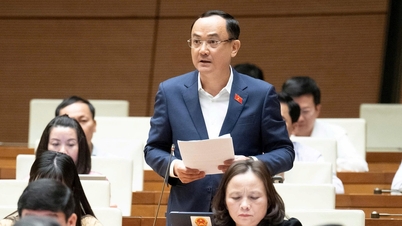



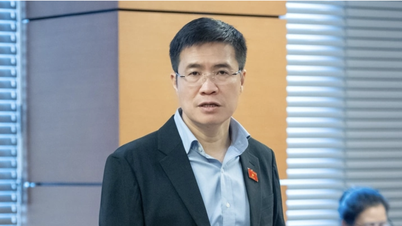
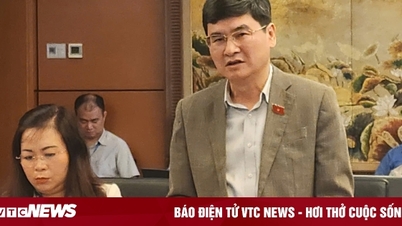

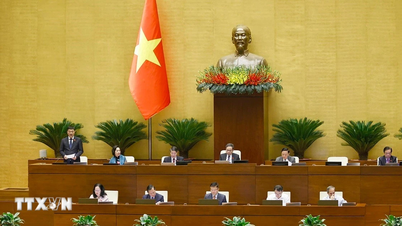

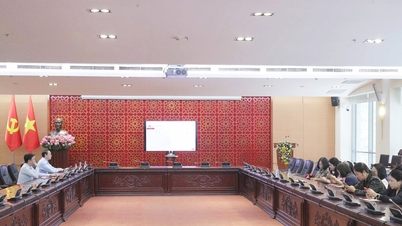



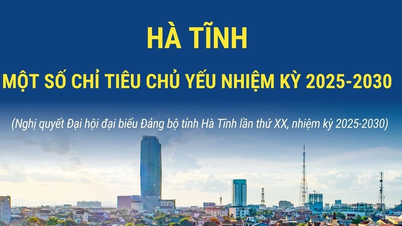

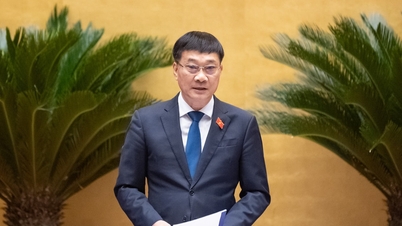






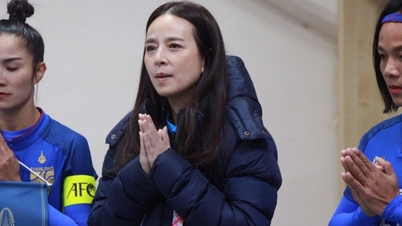
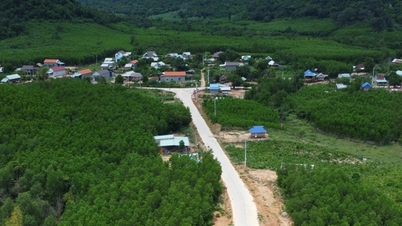

![[Photo] President Luong Cuong attends the 80th Anniversary of the Traditional Day of the Armed Forces of Military Region 3](https://vphoto.vietnam.vn/thumb/1200x675/vietnam/resource/IMAGE/2025/10/28/1761635584312_ndo_br_1-jpg.webp)




















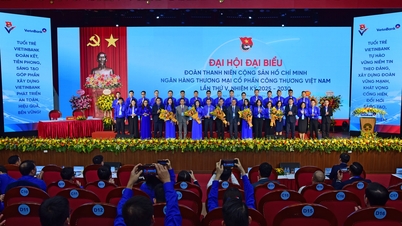
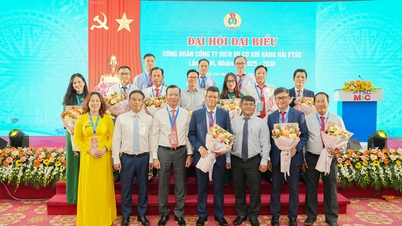

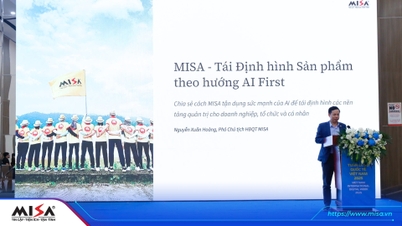







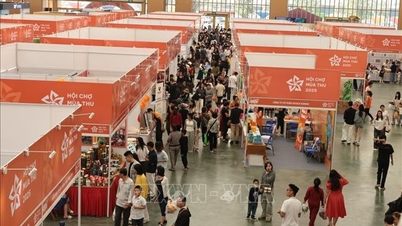

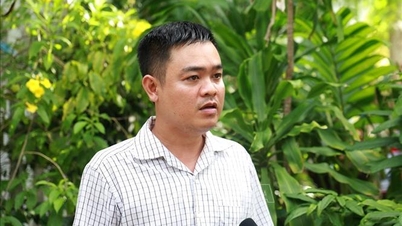



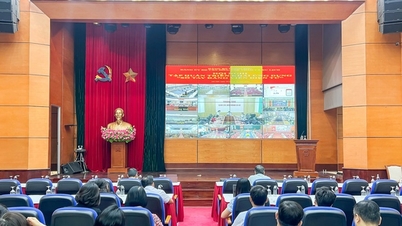




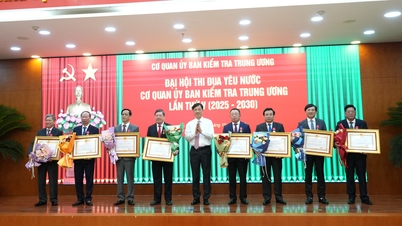


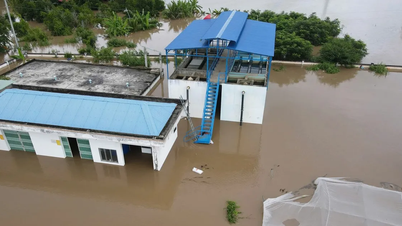




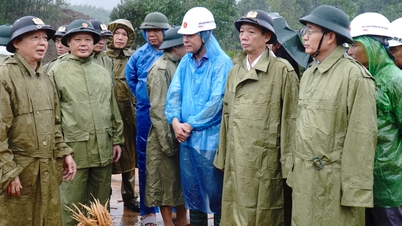
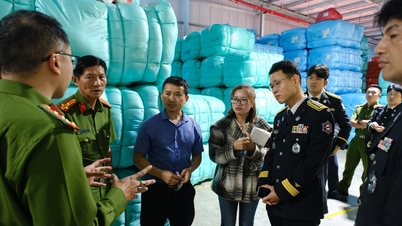

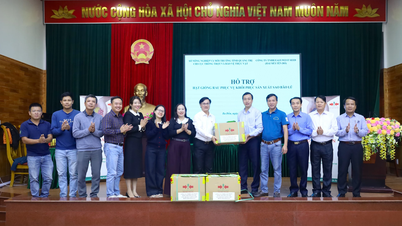
















Comment (0)